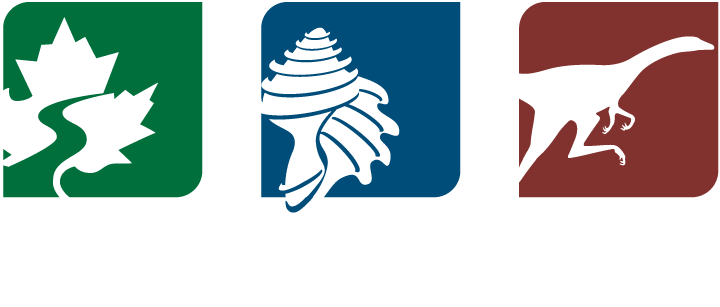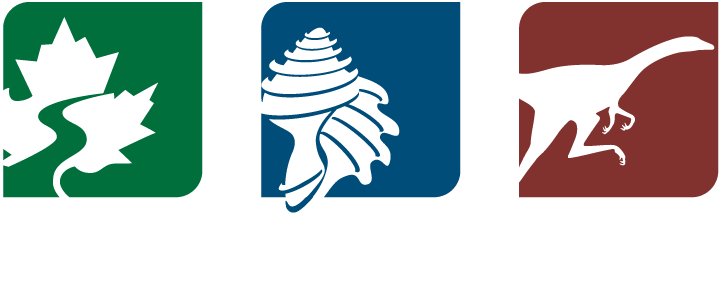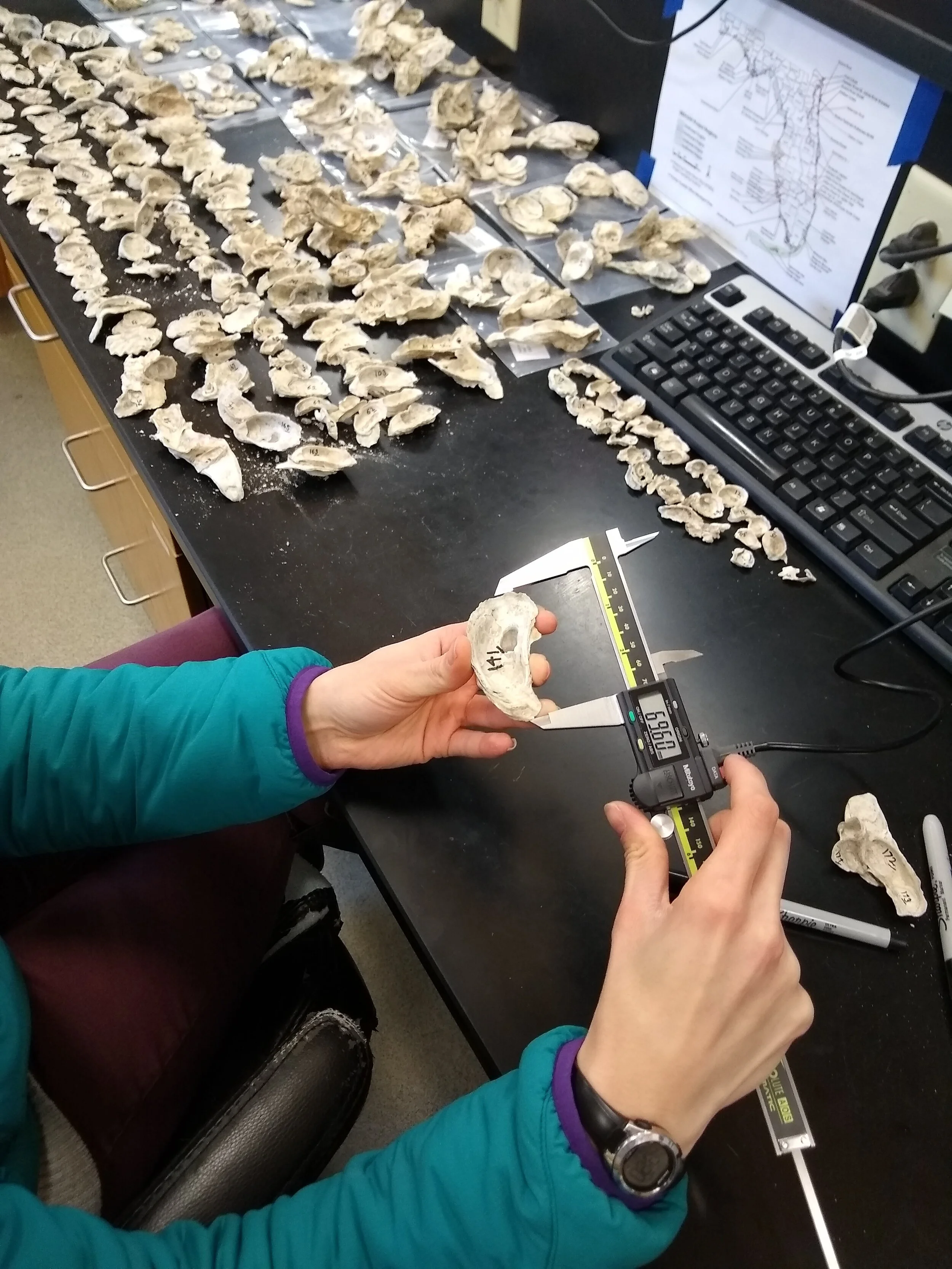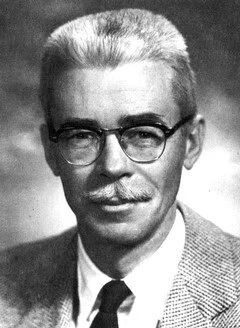John W. Wells Grants-in-Aid of Research Program
John W. Wells (1907-1994)
The Paleontological Research Institution (PRI) invites applications from undergraduate students, graduate students, and post-doctoral researchers for the 2024 John W. Wells Grants-in-Aid of Research Program to support collections-based research in any field of paleontology. The program awards grants of up to $500 to visit PRI’s collections.
This grant honors John W. Wells (1907 – 1994), past President of the PRI Board of Trustees, a long-time geology faculty member at Cornell University, and one of the world’s leading authorities on fossil and living corals.
PRI houses one of the largest collections of invertebrate fossils in North America, with particular strengths in Cenozoic mollusks from the Western Hemisphere, and marine invertebrates of the northeastern U.S., especially the Devonian of central New York.
Applications should include a brief (one-page) description of the research project, a budget justification, and a letter of recommendation.
Application deadline is May 10, 2024.
Please e-mail your application material or any questions to Dr. Gregory P. Dietl, Curator of Cenozoic Invertebrates at [email protected].
Wells Grant Announcement | PDF
Past Recipients
2023:
Samantha Hartzell of Indiana University, Bloomington, for “Clarifying Scleractiniamorphs: Evolutionary origins of modern Scleractina”.
Priyanka Soni of University of Southern California, for “Life on the Edge – A trait-based analysis of Quaternary extralimital mollusks on the coast of southern California”.
2022:
Shamindri D. Tennakoon of University of Florida, for “Morphological Disparity and Variability of the Fossil Gastropod Hystrivasum (Family Turbinellidae)”.
Gabriela Contreras Figueroa of Universidad Nacional Autónoma de México, for “Morphological diversity of mollusks across Cretaceous-Paleogene (K-Pg) – A case study in analyzing how morphological disparity changes across environmental gradients and evolutionary events”.
Nathan Wright of Baylor University, for “Rogerella: Simple Traces with Complex Implications”.
Dr. Maria Belén Santelli of Museo Argentino de Ciencias Naturales, for “Phylogeny of the tribe Aequipectinini Nordsieck, 1969 (Bivalvia:Pectinidae) from the Neogene to Recent”.
2021:
None
2020:
Dr. Harry Maisch IV of William Paterson University, for “Glacial erratics from the lower Hudson Valley, New York and northern New Jersey Piedmont: A unique approach to reconstructing surficial geology and ice sheet dynamics using invertebrate fossils.”
Dr. Russell D.C. Bicknell of University of New England Armidale, for “Uncovering evidence for abnormal trilobites in the Paleontological Research Institution.”
2019:
Dr. Katie S. Collins of the University of Chicago, for “Digging in: Diversity, disparity, and the repeated evolution of rock-boring in the marine Bivalvia.”
Claudia Selles of the University of Alberta, for “Latitudinal variation in successful predation on Devonian strophomenate brachiopods.”
2018:
Dr. Leandro Martin Pérez of Museo de La Plata, for “Taxonomic diversity of Oligocene bryozoans from Argentina.”
2017:
Damián Pérez of Museo Argentino de Ciencias Naturales, for “Phylogenetic relationships of the family Carditidae (Mollusca: Bivalvia) and its position within Archiheterodonta.”
2016:
Lyndsey E. Farrar of State University of New York Oneonta, for “Trilobite body bize and abundance along a depth gradient: Trenton Group, Middle Ordovician, central New York.”
2014:
Stewart M. Edie of University of Chicago, for “Fossil insights to drivers of ecological differentiation between marine bivalves.”
2013:
John Sime of the University of North Carolina Wilmington, for “Predatory interactions and diversity across the Plio-Pleistocene regional mass extinction.”
2012:
Erin Saupe of University of Kansas, for "Integrating ecology and evolution in deep time: using ecological niche modeling to study species' evolutionary responses to climate from the Pliocene to the present-day biodiversity crisis."
2011:
Jansen Smith of Macalester College, for "Confamilial predation in naticid gastropods from North Carolina through a pulsed extinction in the Plio-Pleistocene."
Tom Tobin of the University of Washington, for studies on the Zinsmeister Antarctic ammonites.
2010:
Megan Seitz of Michigan State University, for "A reconsideration of the Arthrophycus ichnogenus: Definition, biostratigraphic utility and a proposal to develop a numerical ichnotaxonomy.”
2009:
Travis Deptola of Juniata College, for “Metabolic rate scaling of the trilobite Phacops rana.”
2008:
Sarah Kolbe of the University of Cincinnati, for “Regional morphological variation in venerid and arcid bivalves: dissection along onshore-offshore gradients in the southeastern Gulf Coastal Plain.”



